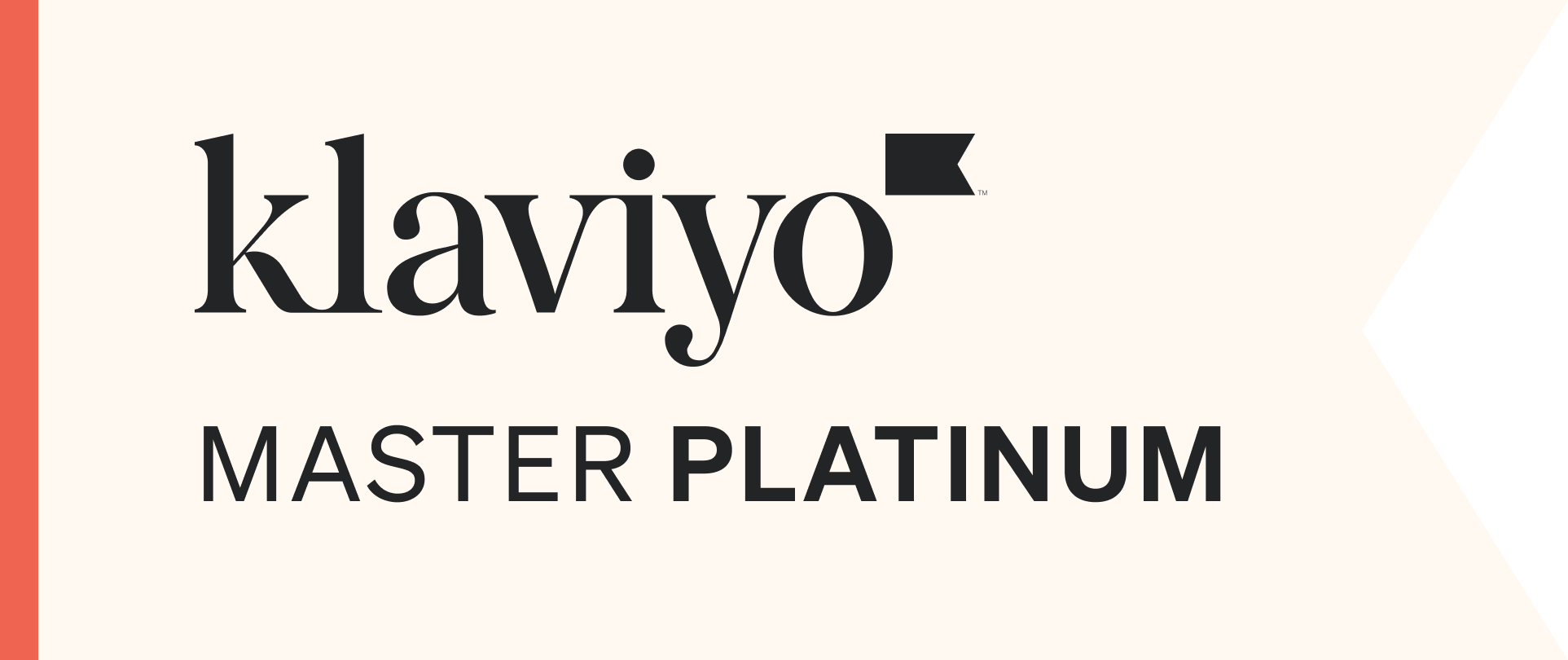By Alan Coleman on 22 May 2013
Meta-descriptions; why bother wasting time on them, I hear you say? For some time, Google has insisted they do not look at meta-descriptions as a ranking factor. Why, then, would we spend so long formulating really good ones? OK, let’s take a few steps back. What is a meta-description? For those who don’t know what a meta-description is, a meta-description refers to a snippet of text – typically around 155 characters in length – which appears along side your webpage links in search engine results, links shared on social media and bookmarking sites. Meta-descriptions play an important role in communicating brand message and convincing people to click on your link. Creating great meta-descriptions is an integral part of really polishing your blog posts and webpages once whey are written.
Sold? Good!
OK, let’s get on to the meaty stuff!
Here are my top five tips for writing great meta-descriptions!
1. Keep within the character range
Meta-descriptions can be around 160 characters long. However, I recommend limiting them to 155 characters to ensure that your whole description is seen. You don’t want any of your description getting lost!
2. Be compelling!
Be sure to write a really compelling meta-description. Think of your meta-description as a really brief but powerful sales pitch.
Here at Wolfgang Digital, we actively split test ad texts with different messages in AdWords. Whichever has the strongest conversion rate should perform well as a basis for a meta-description.
Meta-descriptions play an important role in communicating brand message and convincing people to click on your link. Creating great meta-descriptions is an integral part of really polishing your blog posts and webpages once whey are written.
Sold? Good!
OK, let’s get on to the meaty stuff!
Here are my top five tips for writing great meta-descriptions!
1. Keep within the character range
Meta-descriptions can be around 160 characters long. However, I recommend limiting them to 155 characters to ensure that your whole description is seen. You don’t want any of your description getting lost!
2. Be compelling!
Be sure to write a really compelling meta-description. Think of your meta-description as a really brief but powerful sales pitch.
Here at Wolfgang Digital, we actively split test ad texts with different messages in AdWords. Whichever has the strongest conversion rate should perform well as a basis for a meta-description.
3. Include a call to action
As I have said before in previous blog posts, humans are simple creatures. We need to told what to do!! Reserve the last 50 characters of your meta-description for your call-to-action. Think ‘find out more’, ‘read more about’, ’download now!’
4. Include your keywords
When people search for your priority keywords, and if they appear in your meta-description, they will appear in bold in your meta-description. All going well, this will draw the reader’s eye to your listing and they will click on it! Just don’t stuff your meta-description with keywords…one will do!
5. Give every page a unique meta-description
Each page on your website should communicate something different, so this calls for a unique meta-description. Furthermore - and it is as good a reason as any - Google advises that meta-descriptions should be different on each page because…
‘…Identical or similar descriptions on every page of a site aren't helpful when individual pages appear in the web results. In these cases we're less likely to display the boilerplate text. Wherever possible, create descriptions that accurately describe the specific page.’
That is directly from Google’s Webmaster Help page. We know from Ciaran’s post on the Penguin and Panda updates yesterday that Google are on an eternal quest to reward pages serving the needs of searchers. Our gut is telling us that even though meta descriptions are not used as a ranking factor from a keyword perspective, if you don’t have useful meta-descriptions, you are missing out on ranking juice!
In my opinion the key thing here is that you should not think of meta-descriptions as bygone, dead SEO tools; they are, in fact, a really powerful conversion tool.
So come on, get moving!! Get blogging and get meta-descriptive!








